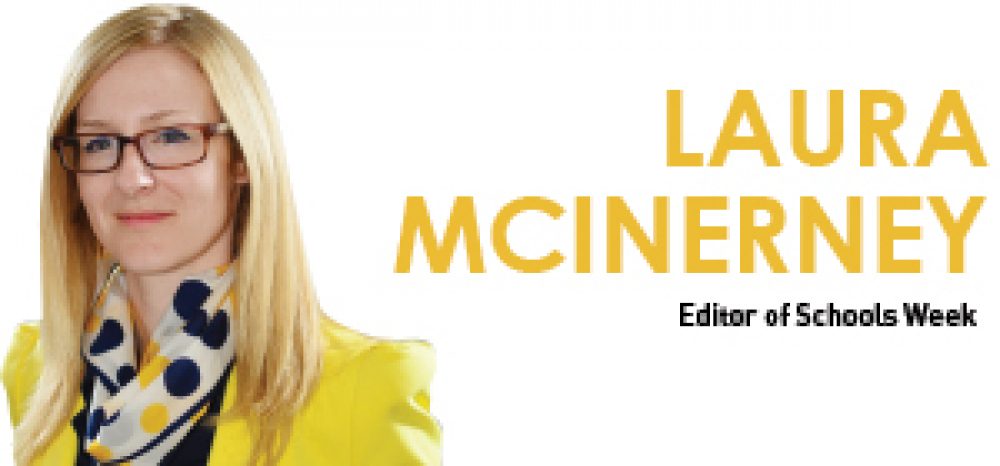Last year we canvassed opinion on what people dislike about coverage of results days – A-level and GCSE – and what they would like to see instead. Editor Laura McInerney explains how Schools Week will be covering the day.
People really dislike:
– Stories focused on kids getting billions of A*s
– Kids sobbing because they got Bs
– Constant referral to ‘top universities’
– Stories claiming results ‘show’ a policy worked
– Twins. People really really hate stories about twins
People say they want to see:
– Analysis of results and trends
– Stories about children getting a broader range of results, and going on to a broader range of outcomes, (i.e. not just Oxford)
– Pictures of children with their feet firmly planted on the ground
To help do more things people like, we chose last year to focus our news stories on the 80+ secondary moderns with sixth forms that teach A-levels.
We are going to do the same again this year.
The double-edge sword of secondary modern success
It is often a surprise to people who have lived and worked their whole life in a non-selective area to find that grammars still exist and this means there are still secondary moderns.
Typically the non-selective schools in a grammar area are labelled as “comprehensive”, as all children are welcome at the schools, but the National Association of Secondary Moderns has kept with the name – not least to make clear the impact on their schools of others being selective.
In the context of discussions of new grammar schools, there is a risk to us celebrating secondary moderns. It can mean people will say, “see, the grammar system works, these other students were fine”. But it seems unfair to ignore successes in a much-ignored group simply because it might raise an over-simplistic point.
Instead, we want to show that these were often the pupils turned down at 11, kept away from friends or schools nearer to their home because they failed on a test, and yet succeeded anyway – suggesting the test was pretty pointless in the first place.
Results and analysis
In terms of results: this is the last go round for the old A-levels and the first go for the new AS-levels.
Much will be made of what the results show for policies but, honestly, we don’t think leaping to conclusions will help.
The AS results will be completely incomparable to last year’s. They’re a new qualification which doesn’t affect final results and aren’t a school’s headline key stage 5 performance measures. They may flag how difficult the new A-levels are likely to be, but even that is a leap of faith.
On A-level results, it will be almost impossible from the national figures to work out what this will mean for individual schools’ headline measures. The change to progress measures makes it much harder to work out from national pass rates whether or not an individual school has done well from its own pass rate.
That said, we will do our best with analysis. We will also do all the usual round-ups, news, reaction, etc.
And, I promise, the whole team have NO TWINS LEAPING etched on their minds.








We are happy to share some successes with you. Who should we email?
We are a comprehensive school operating in a selective area (Reading) with 3/4 private schools.